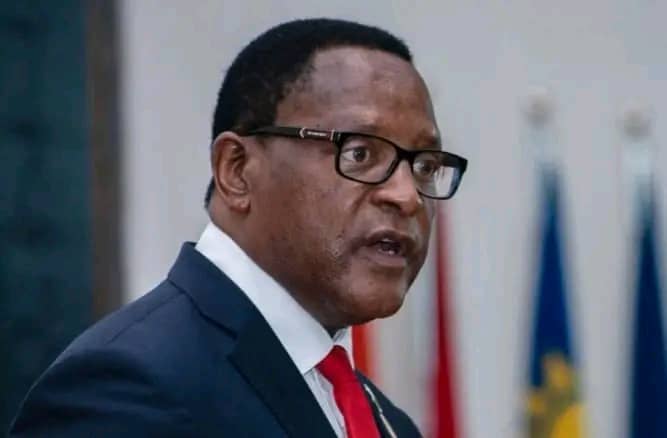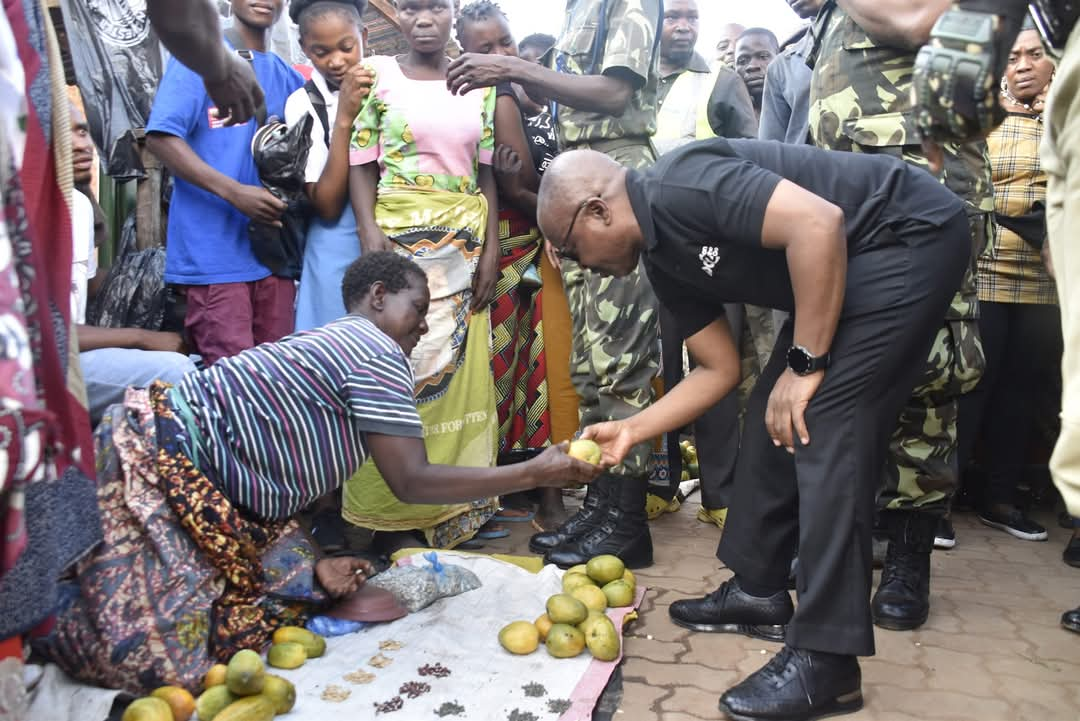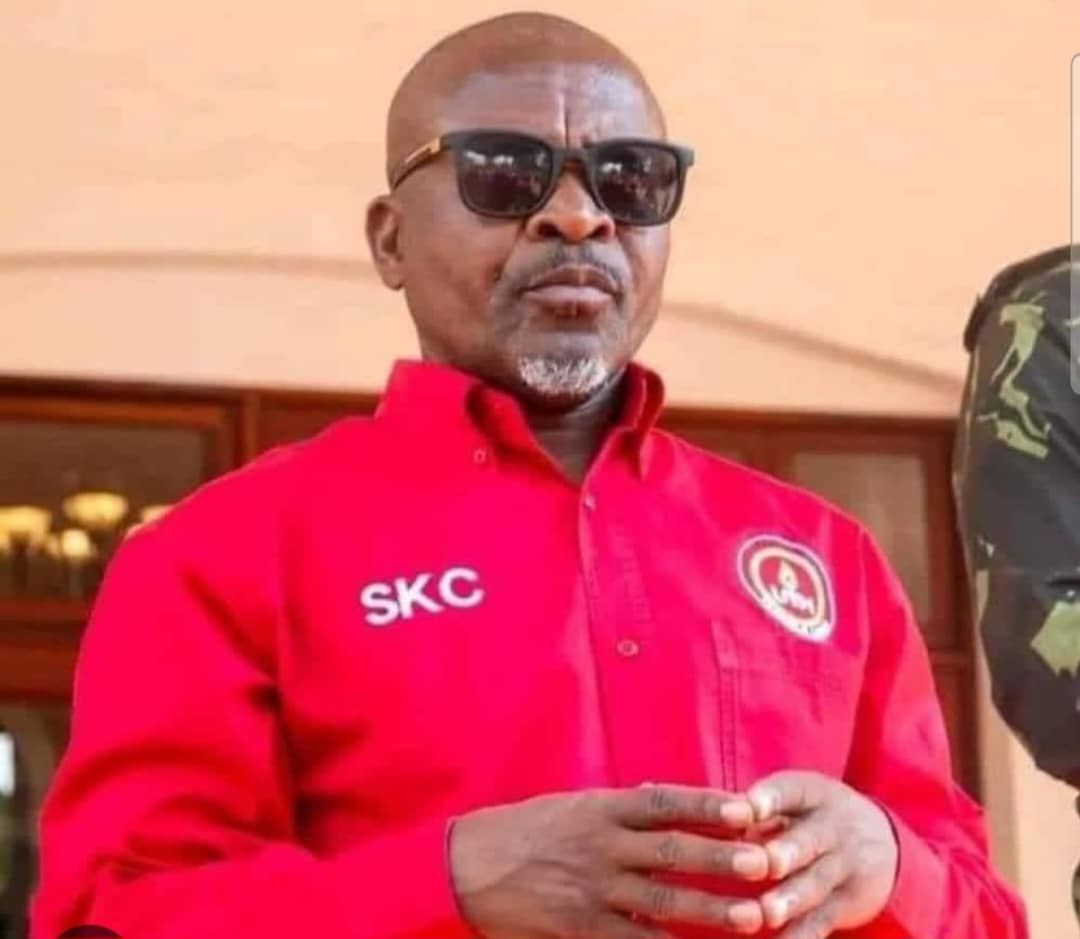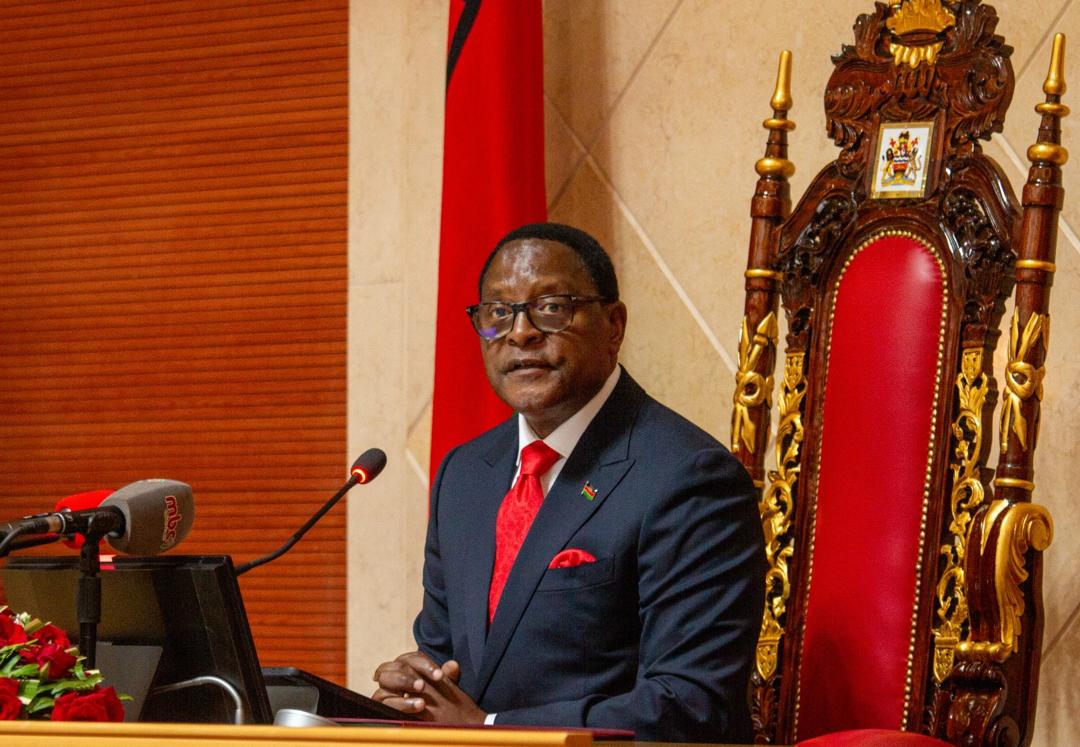By Burnett Munthali
As Malawians prepare to vote in the 2025 general elections, President Lazarus Chakwera’s record over the past five years is under intense examination.

When he swept to power in 2020 on the back of the historic “fresh elections,” Chakwera promised nothing less than a new Malawi.
He pledged to fight corruption, fix the economy, create jobs, and restore the dignity of citizens weary of failed leadership.
Five years later, many voters say those promises have not been fulfilled, and the frustration is visible across the country.
The most glaring symbol of discontent is the fuel crisis.
Queues at filling stations have become a permanent feature of daily life, often stretching for hours and sparking tempers and fights.
Chakwera has blamed corrupt cartels for sabotaging supplies, but for ordinary Malawians, the explanation changes little—they still cannot access affordable fuel when they need it.
Mutharika Leads in Latest Pre-Election Survey
Alongside the fuel crisis, fertilizer prices have soared beyond the reach of most smallholder farmers.
In 2020, Chakwera promised affordable farm inputs, but today fertilizer costs have risen sixfold, threatening food security for millions who depend on maize.
At campaign rallies, rural voters remind him of these promises, demanding answers and recalling earlier administrations as more favorable for farming.
Corruption remains another area where Malawians feel betrayed.
Despite creating the Anti-Corruption Bureau as a flagship of reform, critics argue that enforcement has been selective and political.
High-profile scandals have rocked his government, eroding confidence in his pledge to root out graft.
Malawi Election Update: Mutharika Beats President in Popularity Rankings
For the youth, who make up nearly half of registered voters, unemployment continues to bite hard.
Instead of finding opportunities, many have been forced into informal hustles, from street vending to black-market fuel sales, just to survive.
This disconnect between promises and lived reality has fueled cynicism, especially among young people who were once Chakwera’s strongest base of support.
Yet, Chakwera insists his government has laid foundations for the future.
He points to infrastructure projects, digital reforms, and a headline policy of creating savings accounts for newborns as evidence of long-term vision.
The question for voters is whether these pledges outweigh the daily struggles of fuel queues, unaffordable fertilizer, and joblessness.
As Malawians queue to vote, they will be weighing not just Chakwera’s words but also the lived price of his broken promises.
For the incumbent, the ballot will be less about campaigning and more about accountability.




